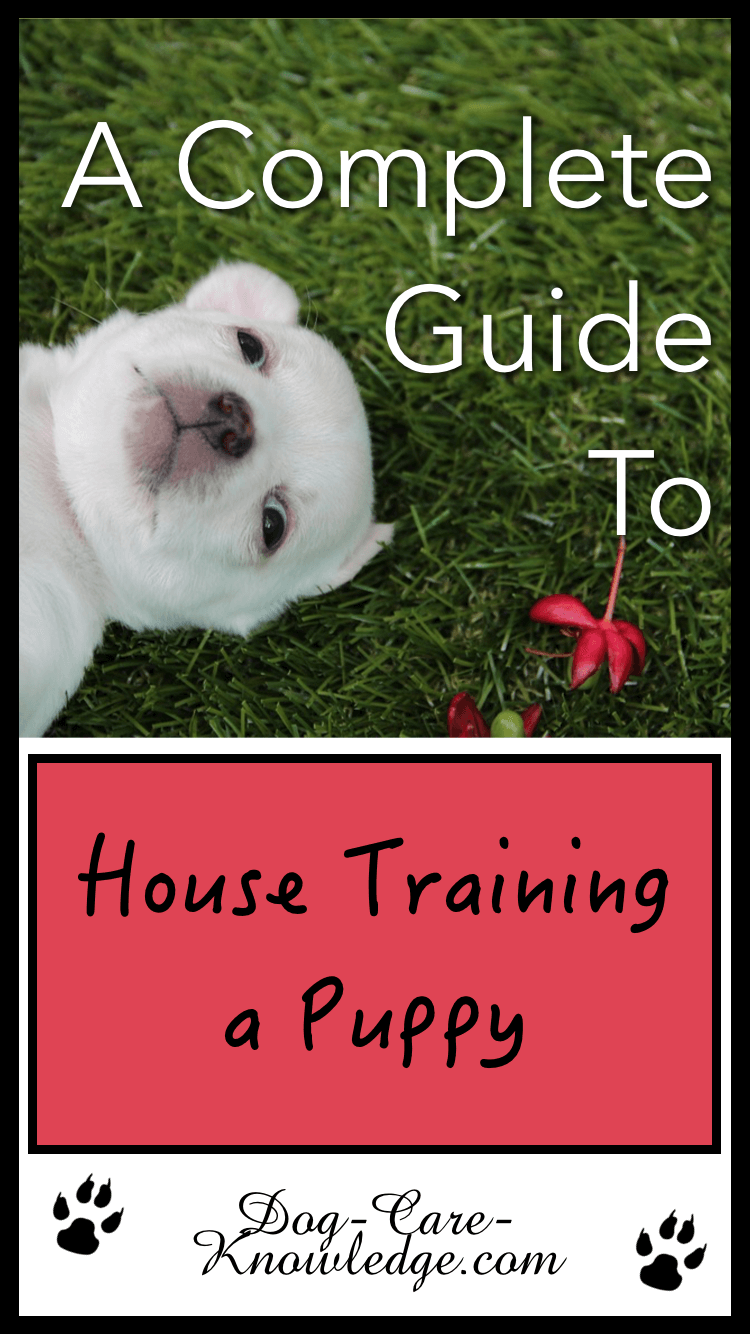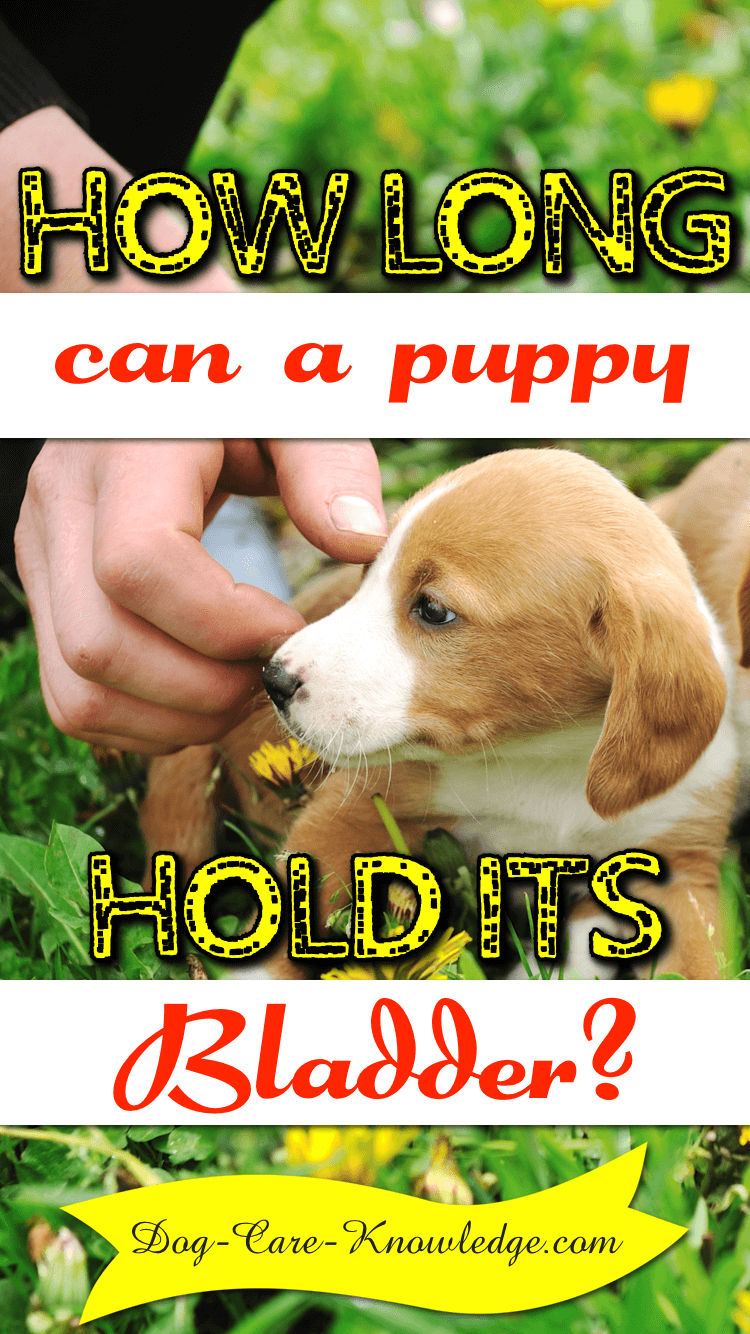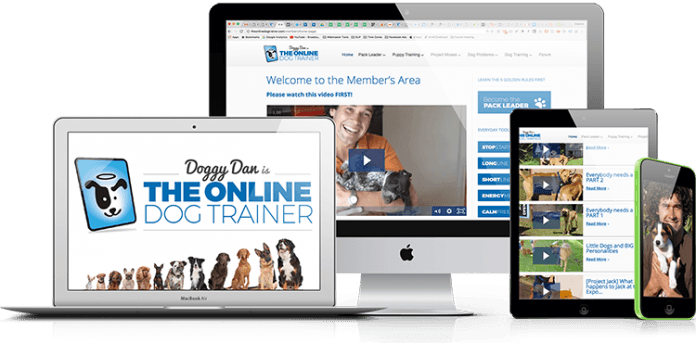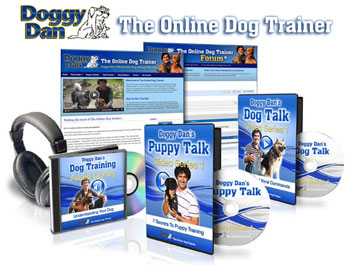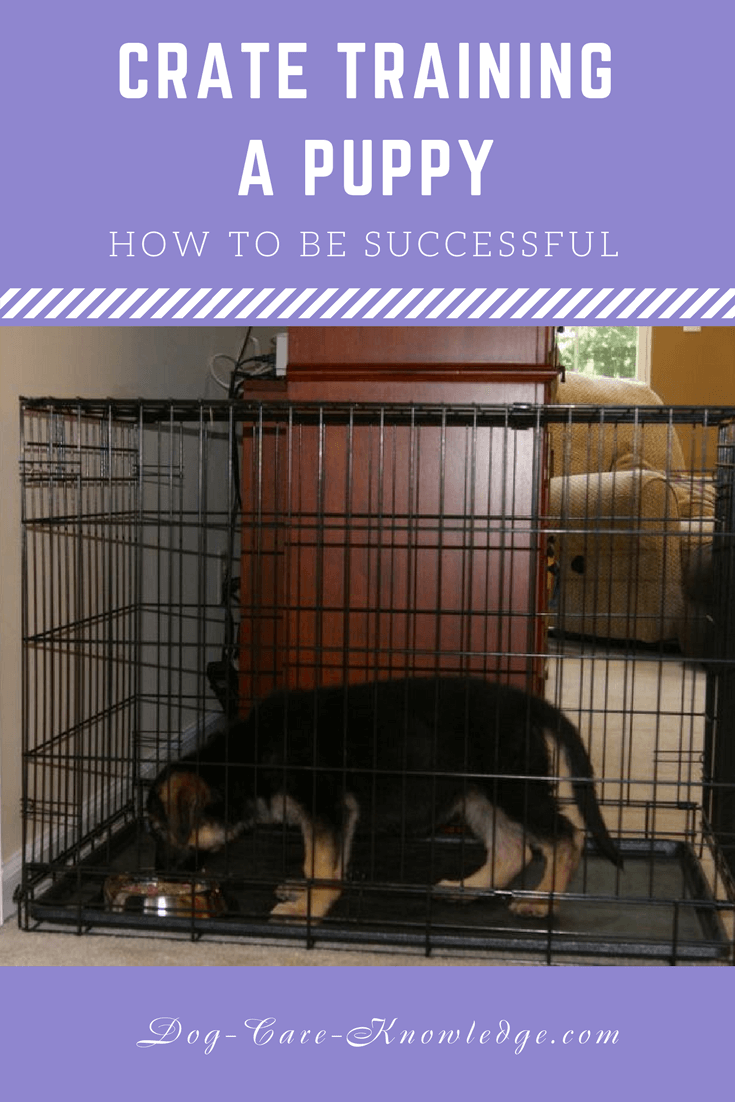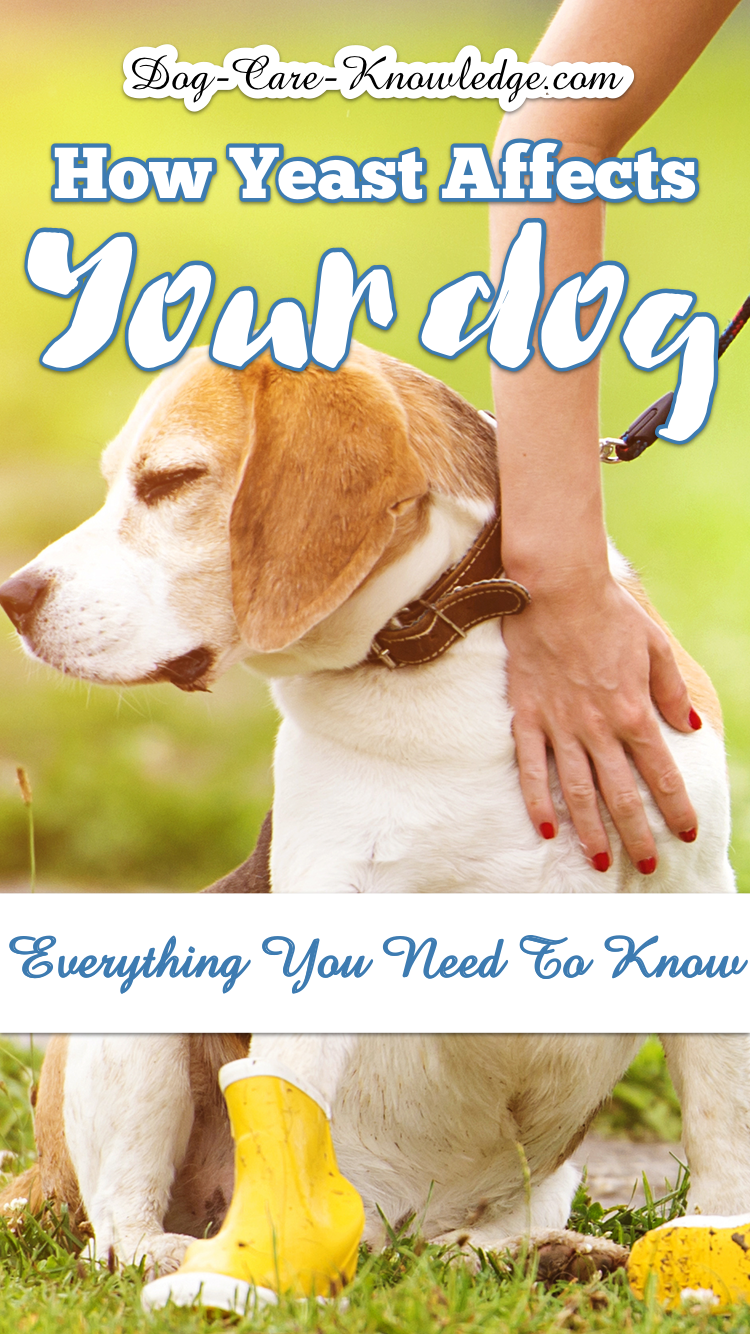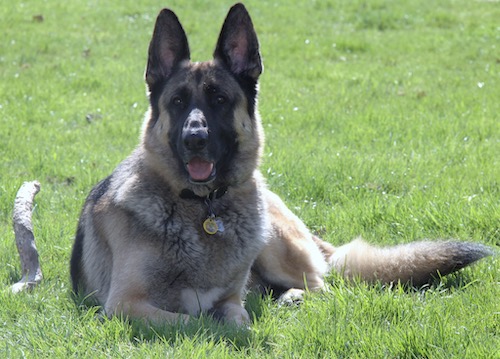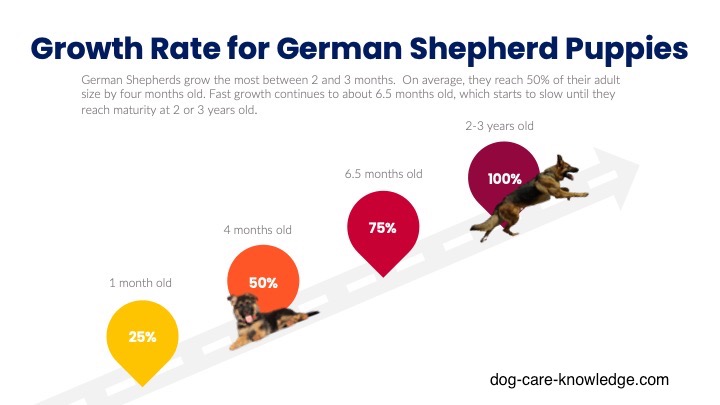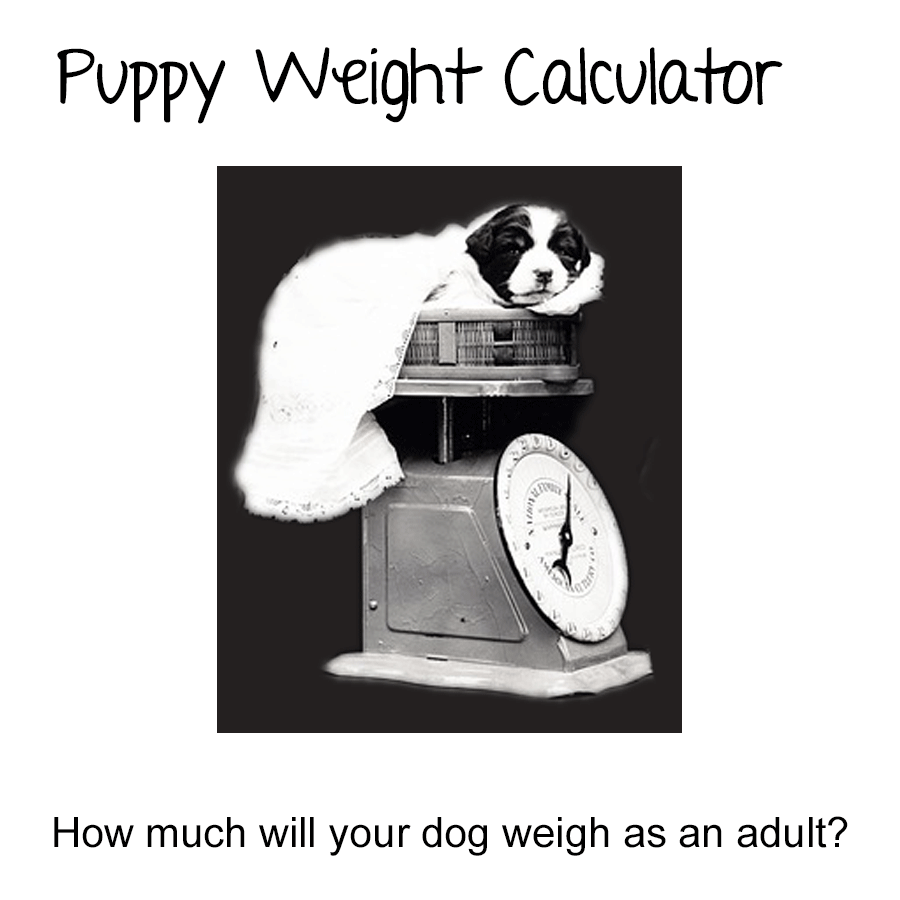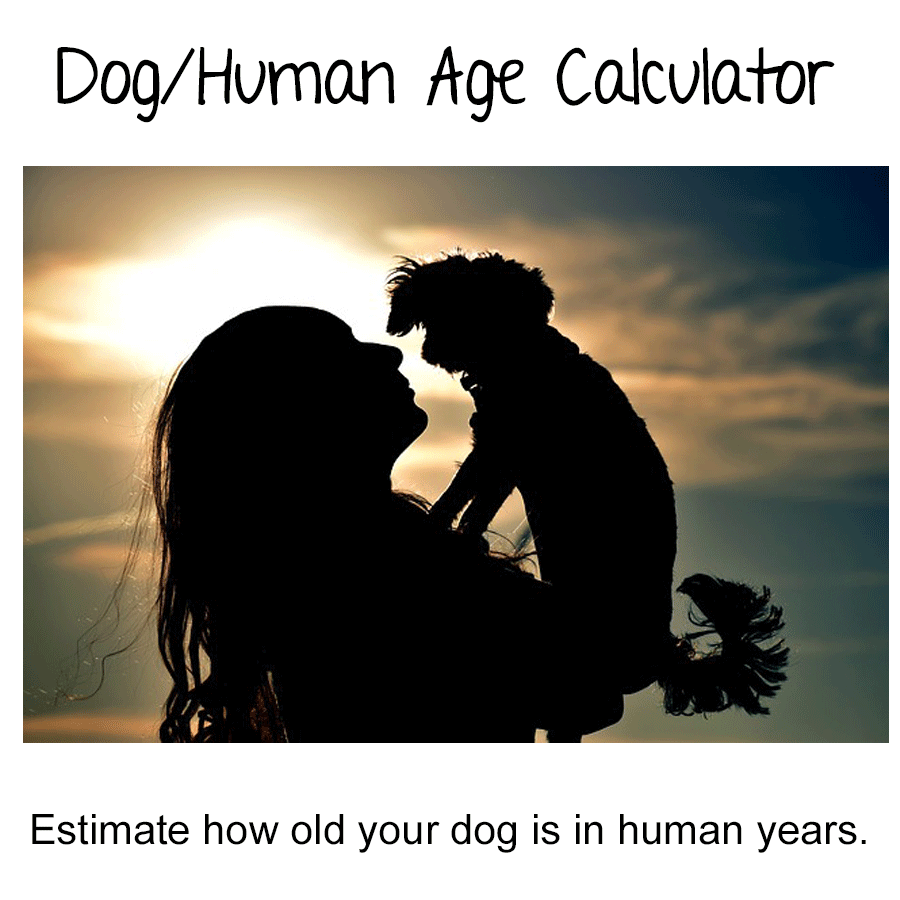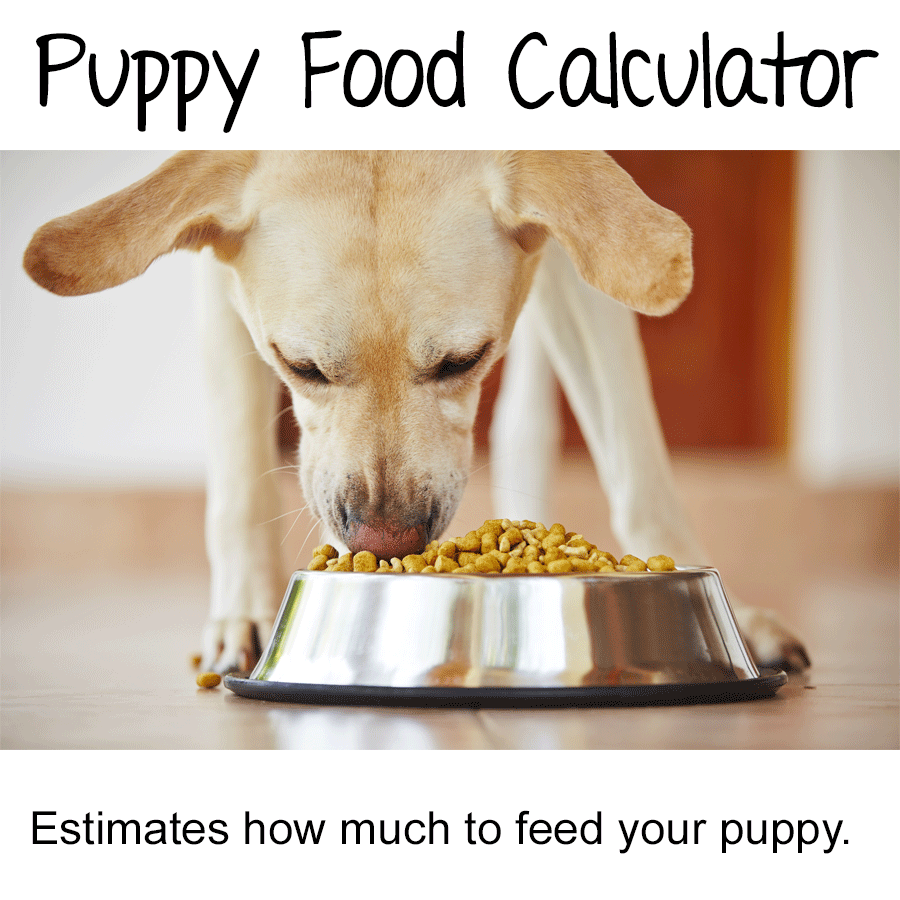- Home
- Puppy Training
- House Training a Puppy
House Training a Puppy
House training a puppy can be a frustrating and difficult time for many new dog parents. Ever feel like you're the only one with the problem? You see all these other dogs that may not be able to do a single trick, yet here they all are, dutifully going outside to do their business. And then there's your little guy, peeing and pooping wherever (whenever) he feels like it all over your home.
Yeah, that's frustrating, but let me let you into a little secret. At some point or another, most new dog owners have been where you are now but managed to house train their puppy eventually.
Some may have gotten there a little quicker than others, and some may have encountered problems along the way, but by sticking at it, they all managed to house train their puppy and you can too. Plus, I have a little tip, if you want to get there sooner and reclaim your clean house!
House Training a Puppy Overview
The only successful way of house training a puppy is by having a plan and sticking to it. Dogs won't just automatically learn to pee and poop outside we have to teach them. Luckily, I have a plan for you to follow which is the ultimate guide, it includes:
- Learning their natural pee and poop schedule
- Understanding how long they can realistically hold their bladder
- Basic steps for house training a puppy
- Guarantee results in 7 days (the quick tip)
- Suggested video series you can follow
- How to house train your puppy in winter
- Overnight issues
- What to do about accidents indoors
- Solutions to common house training problems
Know Their Schedule When
House Training a Puppy
The key to house training a puppy is knowing your puppy's poop schedule and how long they can be expected to hold their bladder. It may seem like little puppies pee and poop whenever and where-ever they please (boy, does it feel like that) but if you know when your pup is likely to pee or poop, then you've just got to get them to the right place.... beforehand!
Now I know that may sound simplistic, but that's why knowing their "poop schedule" and how long they can realistically hold their pee will help you, a lot.
In fact, it's potty training your puppy proactively
instead of re-actively!
Let me explain...
To begin house training a puppy you first need to understand when your pup is likely to pee or poop. In general, a pup needs to pee/poop at these times:
|
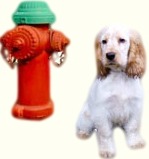 |
Having said that, these are guidelines only as each dog is different and will have his or her own schedule. The only consistency is they will definitely need to pee when they wake up and you should always take them out last thing at night.
Figuring out your puppy's own schedule is your key to potty training your puppy quickly.The easiest way to do this is to simply keep a journal of every time you see them pee or poop. Also, make a note what time they eat, drink, sleep and play. You'd be surprised at the pattern you'll see emerging in as little as a week.
Before you start any house training with your pup, ensure you have plenty of high value, easily accessible healthy treats available.
How Long Can a Puppy Hold It's Bladder?
How long a puppy can actually hold her bladder, depends on the puppy's age. In theory, a pup is able to hold her bladder roughly one hour per month of her age. I said "in theory" as, in my experience, a puppy needs to "go" a lot more often than once every 2 hours at 8 weeks old.
Below is a table that shows how long puppies can hold their bladder based on age:
|
Age
|
Time (max)
|
|
8 wks (2 months)
|
2 hours
|
|
12 wks (3 months)
|
3 hours
|
|
16 wks (4 months)
|
4 hours
|
I would use the age criteria for maximum time puppies are able to hold their bladder only if they are confined to a crate. If you had your pup in a crate then they would likely be able to hold their bladder for this length of time.
However, if your pup is loose in the house with you, then I'd suggest that you'll need to take her out to potty more frequently. For example, it would be closer to every 30-40 minutes at 8 weeks old. Definitely at least every hour.
As she gets older, you'll be able to decrease the frequency and you should soon start to notice a pattern which will be your puppy's schedule. Bear in mind , if the weather is hot then she is likely to be drinking a lot more water and will need to go out more often too.
Most puppies are successfully house trained at 5 or 6 months
if a consistent plan is followed.
But, don't be alarmed if it seems like its all falling apart when
your pup reaches 13 or 14 weeks old (or older), this is quite common
when house training a puppy.
Hang in there, this is usually only temporary and it will start to get better (I promise) by the time they are about 16 weeks old as long as you keep on top of it.
House Training a Puppy Within 7 Days
They guarantee that you can house train your pup in 7 days or less or your money back!
Basic Steps for House Training a Puppy
The very best way of house training a puppy is to learn their schedule (as mentioned above) and to crate train when you're not able to watch them. But even if you don't crate train your puppy, these basic steps include both methods.
Designate a specific area that you want your puppy to use as a bathroom. This should be a small, grassy area of your yard that is near to a door and is as boring as possible.

I say "grass" as puppies/dogs prefer to go to the bathroom on absorbent surfaces rather than a hard surface. Why boring? because lots of plants, noise, and movement may be highly intriguing to your puppy and may distract her from going to the bathroom.
Another tip to make it easier to potty train your puppy, is to keep the grass fairly short. I know it may sound, well, a bit fussy, but you'd be surprised at the number of puppies (and dogs) that don't like to pee or poop in long grass.
- Set a regular eating schedule to help get your puppy to poop at roughly the same time each day. At 8 weeks old I feed my puppies at 7:00am, 12pm, and 6pm. By 12 weeks old, I increase the amount of food but cut out the 12pm feed and just feed my puppy breakfast at 7:00am and dinner at 6pm.
I never free-feed a puppy i.e. don't leave the food out all day, as this makes it too difficult to judge when a puppy needs to poop.
- About 10 minutes after your puppy finishes eating, take your puppy to her designated bathroom area. Now wait. Don't play with your puppy just let her walk round and sniff.
- As soon as she pees or poops pair the action with the appropriate word (I use "wee-wee" for a pee and "go sniff" for a poop). Make sure you use plenty of enthusiasm, praise and reward your puppy EVERY time she pees or poops in her designated area.
- Now repeat these steps when your puppy first wakes up in the morning, after waking up from a nap, at each timed interval during the day based on puppy's age and schedule (i.e. every 1, 2, or 3 hours) and last thing before you go to bed at night.
- Once your puppy has eliminated in the right place, repeat step 4 (i.e. mark the behavior with your word) and give plenty of praise and a reward when she goes. She'll soon start to understand what the word means and you can start to say the word as soon as you go outside to potty.

Training a Puppy Video Series
If you're more of a visual learner then a great resource for you is to try the video series of training puppies from Doggy Dan Online Trainer.
You'll be able to watch video examples of how they are house training their puppy Moses as well as watch a whole host of videos as he grows up.
Click here for more information.
Click on the below image and you'll get FREE videos showing you how to potty train your puppy.
House Training a Puppy in Winter
If you're trying to potty train your pup during wintertime, then you know only too well the additional challenges you'll have. You've probably also realized that merely opening the door and letting them out isn't going to help ya either!
Most pups won't want to go out in the cold, rain, sleet, or snow, just to potty, so you need to be prepared. Here's how I potty train my pups through some of the harshest winters in Pennsylvania.
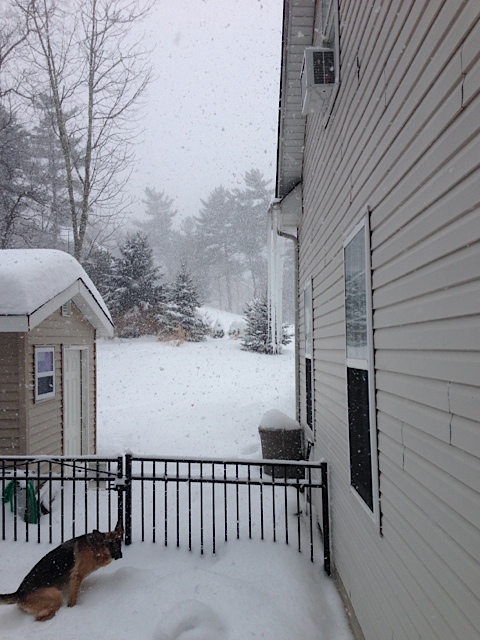
Follow the same steps as above but.......
- If it is cold or raining out, get them a warm coat to wear and make sure you can get it on them real fast! Keep it by the door. If you can't get it on your pup quickly then take it with you and put it on outside. That limits the chance of an accident occuring whilst suiting up!
- Make sure you also have a warm coat, hat, and/or gloves and rain gear for yourself so that you are prepared and able to withstand the cold/rain along with them. I usually put my coat, glooves, and hat on while I'm outside waiting. I keep my warm stuff by the door and grab them as I go outside.
- If it is snowing, you'll probably want to go out there and shovel snow off their bathroom area to make it crystal clear where their "spot" is. Snow is very different to grass and confuses many pups.
- I know it sucks to go outside with them in cold and miserable weather but trust me it's a lot easier in the long run. Many pups will cotton on quickly that the fastest way to get back inside to the warm is to pee or poop immediately.
Overnight Issues When
House Training a Puppy
Many puppies can sleep through the night without needing to pee within the first few days/weeks but this is dependent on the individual pup. It won't be necessary to wake your pup to take her out during the night but she may need to wake you up for a potty break. You can reduce the likelihood of your pup waking you in the night by taking up her water bowl after about 7pm.
Overnight is another time when mistakes are likely to occur in young puppies. If you are crate training your puppy, you can avoid these mistakes as most puppies are reluctant to eliminate in their sleeping area. It is a good idea to have the crate near your bed so you can hear her.
If she does need to go to the bathroom in the night, she will wake you up by whining or barking. This is probably the only time it is acceptable to let her out of a crate for whining or barking!
If your pup does wake you up, get her out of the crate and CARRY her, to avoid puddles on the way, to her bathroom area as quickly as possible. No games, no toys, just praise your puppy for going quickly and straight back into the crate when done.
Puppies usually go through the night without needing to pee fairly quickly, especially when crate training. Its a bit harder without a crate as they tend to develop a habit that you are unable to control in the middle of the night.
If you aren't using a crate to house train your puppy, then you should put some newspaper or piddle pads in the area you wish your puppy to use and expect some puddles and mess in the morning. In either case, remember to take their water bowl up after 7pm in the evening.
How To Treat Accidents Indoors
I know there's tons of advice on house training a puppy that states "if followed correctly, your pup won't have any mistakes in the house" but to be honest, that usually means keeping your dog crated for most of their time indoors. Which can work, but can also lead to more challenging problems if your pup decides to use his crate as a bathroom.
So lets assume your little fur-baby is going to have some mistakes and accept that a) its not the end of the world and b) it doesn't mean that you'll have an adult dog that uses your house as a bathroom either.
If your puppy does go to the bathroom indoors. Just ignore it, don't say or do anything, other than clean it up. If you are lucky enough to get to them just as they are about to do the deed, then by all means get them outside...fast! But don't shout or cause a fuss otherwise you may cause them to believe that going to the bathroom in front of you is bad!
When cleaning up accidents indoors, don't use normal detergent, carpet shampoos, or cleaners, you need to use one that is specifically designed to handle pet stains. These solutions break down the urine enzymes to prevent your puppy from using the same spot over and over.
My favorite solution is Rocco & Roxie Odor Eliminator. It's a professional strength enzyme-powered stain remover that also eliminates odors.
It's also been certified as gentle and safe to use around pets and children and won't ruin your carpet. The manufacturer provides a 100% money back guarantee, if your stain or odor isn't completely gone, they'll refund you in full.
You can also buy a urine cleaner in most pet stores, just make sure the label states that it's an enzymatic cleaner that cleans protein-based stains.
What Else Can You Do?
If you're still having problems, then I urge you to try Doggy Dan's online training series. It has a great section on puppy training, including house training a puppy. Click here for more details or follow the links below.
|
In order to most effectively help you train your puppy for all types of issues, I’ve partnered with Doggy Dan, The Online Dog Trainer. I encourage you to click here to learn how these video trainings can be of great benefit to your and dog. Whether it’s aggressive behavior, fearfulness, toileting issues or disobedience, I have found this series of videos to be highly useful...Let’s see if you do, too! |
Common Problems
House training a puppy can be easy but what happens if it all goes wrong?
If you're having trouble with potty training your pup, then you might want to try some of the solutions below.
ProblemYour pup is peeing and pooping in all the wrong places. |
Solution
Nailing the right potty place. |
|
You spend ages outside waiting for your puppy to go potty, only to find she goes immediately she returns inside. |
|
You've followed all the traditional potty training advice only to find that it's just not working for your pup. |
See page 2 for answers on what to do if house training a puppy isn't working for you.
